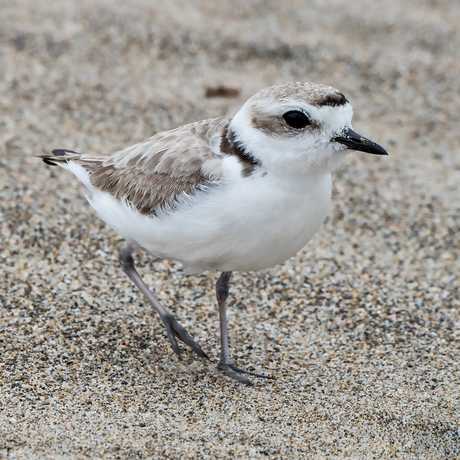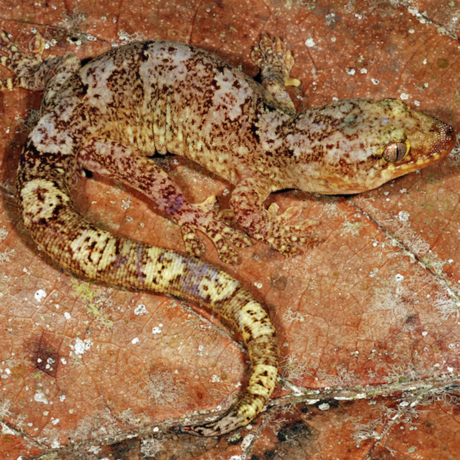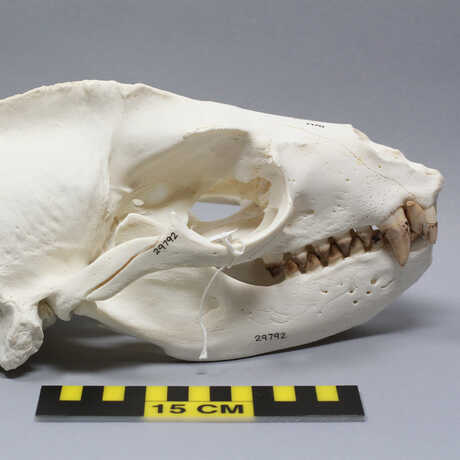Ornithology and Mammalogy
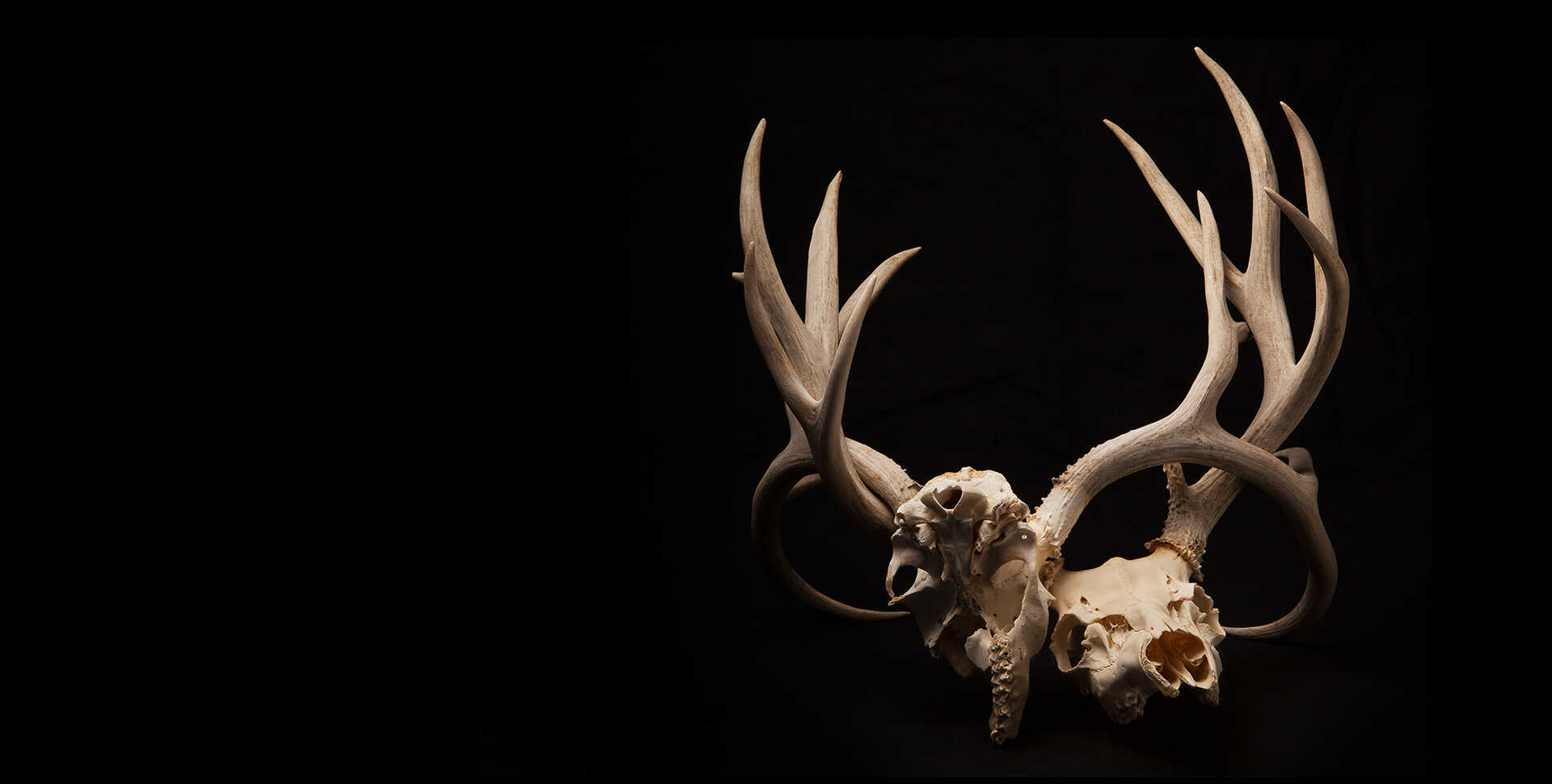
Research staff in the Academy's Ornithology and Mammalogy Department are working to answer fascinating and challenging questions about birds and mammals. Through field research, morphological examination of specimens, and genomic analysis, they are compiling a wealth of data on the evolution of these organisms, their distribution around the world, and how they are responding to changes in the environment. As human populations and impacts continue to grow, this information will provide not only a record of how things used to be but also the knowledge we need to protect what's left.
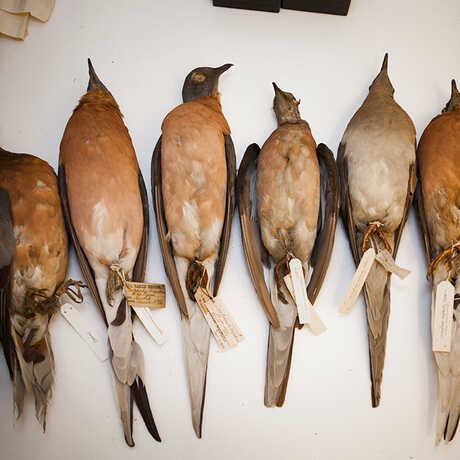
Collections
Our collections contain more than 135,000 specimens from some 120 countries, with the greatest number being from western North America, Mexico, Central America, the Galápagos, Solomon Islands, and southeast Asia. We also have one of the largest marine mammal collections in the world.
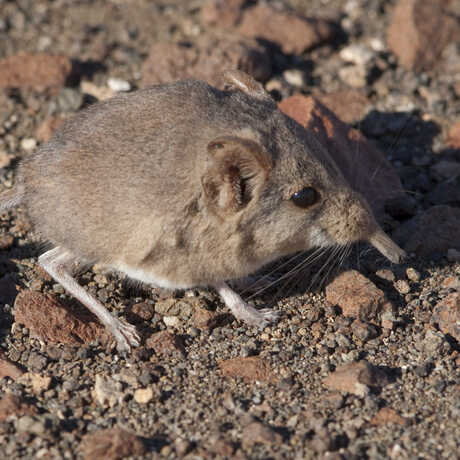
Projects
Our scientists and staff study a wide range of birds and mammals from all over the world. They're working to discover and describe new species, to identify evolutionary patterns, to document changes in distribution and physical and behavioral traits over time, and to protect against threats facing endangered species.
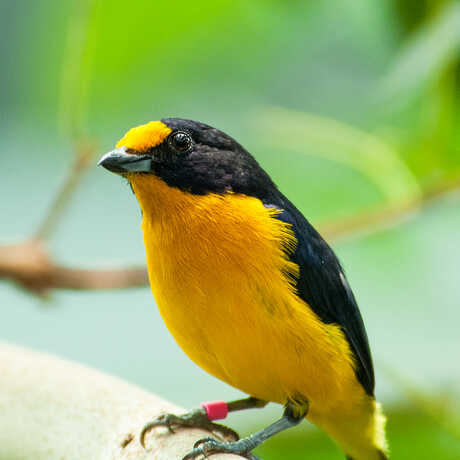
Expeditions
Our research findings and the rich diversity of our bird and mammal collections are the result of numerous expeditions to such biodiversity centers as the South Seas, Namibia, and Papua New Guinea.
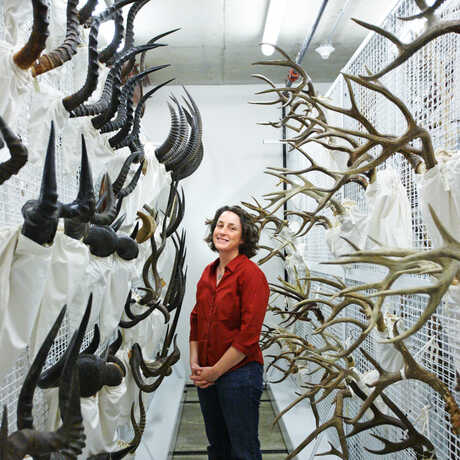
Staff
From the evolution of chemical defenses in birds to disease ecology, Academy scientists study a wide range of topics and hail from prestigious research centers as distant as Namibia and as diverse as Point Blue Conservation Science, UCSF, and the Island Endemics Institute.
How do I take care of a baby bird? Who should I contact to visit the collections? How do you know if an animal is endangered? Get your O&M questions answered here.
Now enrolling advanced birders in an exciting 10-month course led by Academy curator Jack Dumbacher. Learn more and apply today.
